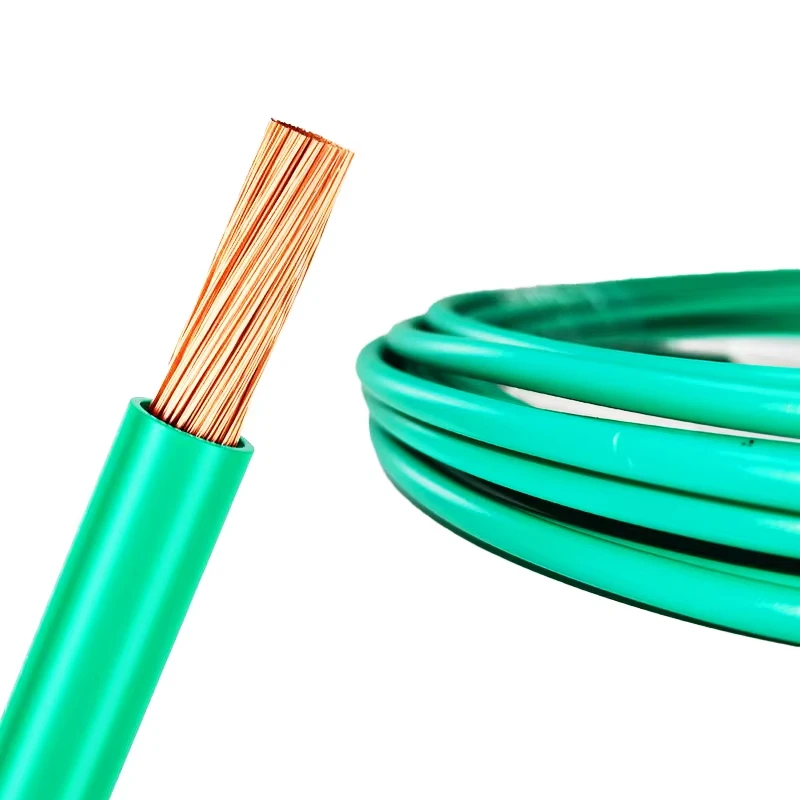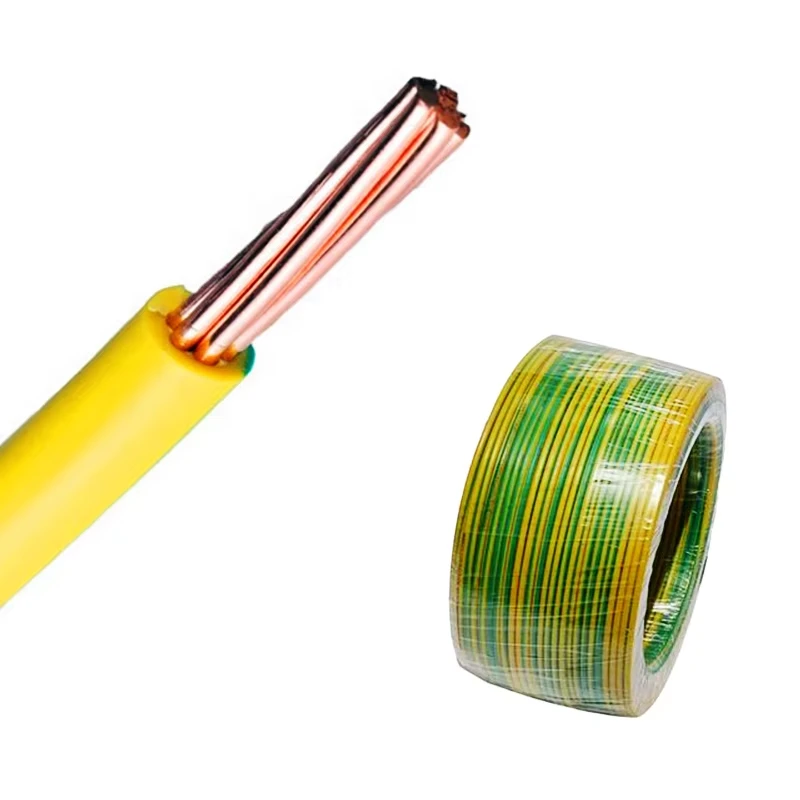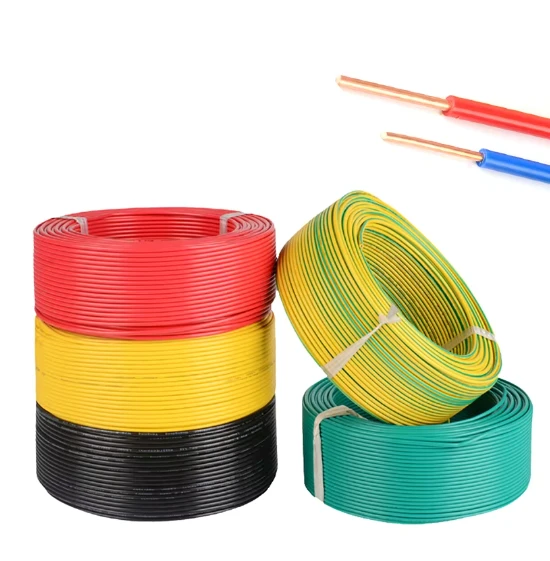
Fire-resistant Electrical Cable Solutions for Enhanced Safety and Reliability in Installations
Understanding Fireproof Electrical Cable Service
In today's world, where safety and efficiency are paramount, the need for fireproof electrical cables cannot be overstated. These cables are essential in various applications, offering increased protection against fire hazards. This article provides an in-depth look at fireproof electrical cable service, its importance, and the factors to consider when choosing these cables.
What are Fireproof Electrical Cables?
Fireproof electrical cables are specifically designed to maintain their integrity and functionality even in extreme fire conditions. They are constructed using materials that resist burning or melting, ensuring minimal damage to the cable itself and reducing the risk of electrical failures during a fire. These cables are often used in critical applications such as in commercial buildings, public spaces, and industrial setups where the failure of electrical systems could lead to catastrophic outcomes.
Why Choose Fireproof Electrical Cables?
1. Safety The primary benefit of using fireproof electrical cables is safety. In the event of a fire, standard cables may not hold up, potentially leading to power outages or electrical shorts that could exacerbate the situation. Fireproof cables are designed to withstand high temperatures, significantly reducing the risk of electrical fires.
2. Regulatory Compliance Many regions have strict codes and regulations regarding electrical installations, especially in commercial and industrial settings. Fireproof cables often meet or exceed these regulatory requirements, providing reassurance to builders, contractors, and property owners.
3. Longevity and Reliability Fireproof cables are built to last. Their robust construction not only provides resistance to fire but often also protects against other environmental factors such as moisture and chemicals. This durability translates into fewer maintenance issues and longer service life.
4. Insurance Benefits Utilizing fireproof cables can lead to potential insurance discounts. Insurance companies recognize the reduced risk associated with fireproof materials and may offer lower premiums for properties that install these cables as part of their electrical systems.
5. Versatility Fireproof electrical cables are suitable for various applications. They can be employed in residential, commercial, and industrial settings, including power distribution systems, emergency lighting, and communication networks. Their versatility makes them an invaluable resource in any electrical installation.
Types of Fireproof Electrical Cables
There are several types of fireproof electrical cables available on the market, each designed for specific applications
fireproof electrical cable service

- Low Smoke Zero Halogen (LSZH) Cables These cables produce minimal smoke and no halogen when burned, making them ideal for enclosed spaces such as tunnels and passenger vehicles
.- Mineral Insulated (MI) Cables These cables use a combination of copper conductors and tightly packed magnesium oxide for insulation. MI cables are highly fire-resistant and are often used in high-temperature environments.
- PVC and XLPE Insulated Cables These are standard types of cables that can also have fire-retardant properties. They are widely used in various electrical installations but may not offer the same level of protection as MI or LSZH cables.
Factors to Consider When Choosing Fireproof Cables
When selecting fireproof electrical cables for your projects, consider the following factors
1. Application Determine the specific needs of your project. Different environments may require different types of fireproof cables.
2. Temperature Ratings Look for the cables' temperature ratings to ensure they can withstand the conditions in which they will be installed.
3. Compliance Standards Ensure that the cables meet relevant industry standards and local building codes. This compliance will also simplify any inspection processes.
4. Installation Environment Evaluate whether the cables will be exposed to chemical hazards, moisture, or physical stress, as this will impact your choice of insulation and jacket materials.
5. Cost Efficiency While fireproof cables may have a higher initial cost, they can save money in the long run through durability and reduced insurance premiums.
Conclusion
Investing in fireproof electrical cable service is not just about compliance; it’s about ensuring safety and reliability in the face of potential fire hazards. By understanding the benefits, types, and selection criteria for these cables, you can make informed decisions that enhance the safety and performance of your electrical systems. Don't compromise on safety—consider integrating fireproof electrical cables into your next project for peace of mind and enhanced protection.
-
XLPE Cables: The Heat-Resistant Solution for Summer BBQ SafetyNewsMar.05,2025
-
Why XLPE Cables Are the Silent Guardians of Your HomeNewsMar.05,2025
-
Powering the Future: MV Power Cable Solutions for Electric Vehicle InfrastructureNewsMar.05,2025
-
MV Cable Stable Power Supply SolutionsNewsMar.05,2025
-
Medium Voltage Power Cables: Ensuring Productivity for Remote Work InfrastructureNewsMar.05,2025
-
Understanding Medium Voltage Cable and Its Importance in Electrical SystemsNewsFeb.13,2025
-
Medium Voltage Wire: Powering the Future with Quality and ReliabilityNewsFeb.13,2025














